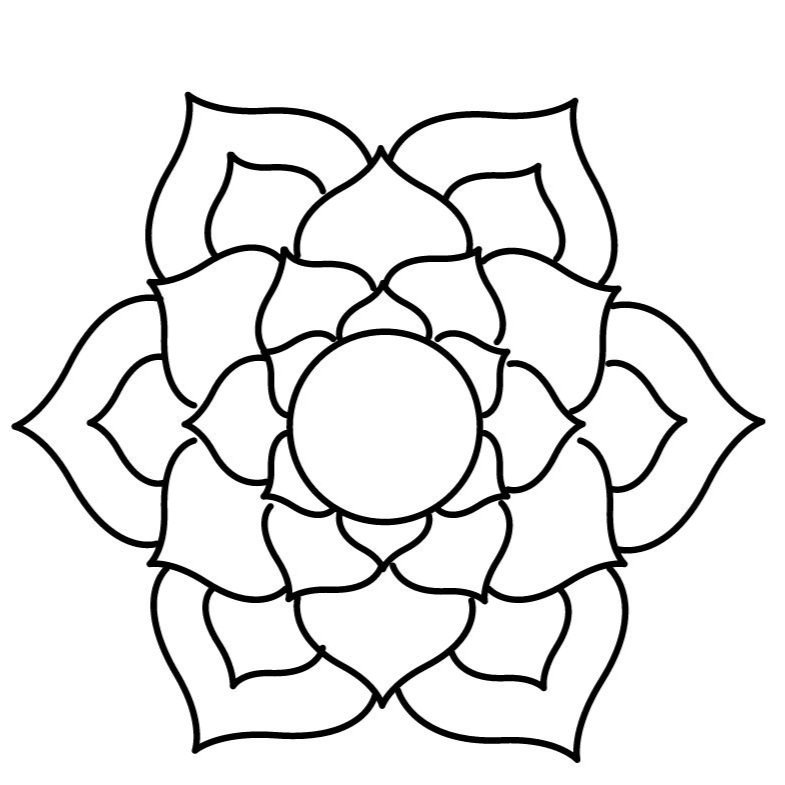Cold
In my family, cold has always been considered the enemy of health. Ever since I can remember, my parents and grandparents would shudder in terror from the hazards of cold exposure, which, based on their reactions whenever they would catch me or my sister walking barefoot or - God forbid - going outside with damp hair, amounted to almost certain perishment. The phrases “Put on warmer socks”, “Wear your undershirt”, “Close the door, you are letting the draft in”, yelled by a concerned (grand)parent are still a part of the repertoire during family visits, despite the fact that I am now - almost certainly - an adult.
Therefore, when I started toying with the idea of having an ice cold shower in the mornings, a part of me was not only skeptical of the possible benefits of cold exposure, but also questioning the sanity of the practice in general. Wouldn’t cold water lead to hypothermia, pneumonia, cold, illness, or worse? On the other hand, I was already familiar with the benefits of ice bathing to reduce injuries and inflammation, and increase athletic performance, as well as the benefits of alternate cold-hot showering for improved circulation.
For the past year or so, it seemed that everywhere I looked, someone was touting the importance of showering in cold water for at least 10-30 seconds every day, and gradually increasing it to a whole minute or two. Beyond the proclaimed physical benefits - such as enhanced immunity, cardiovascular health, and even tighter skin - what really drew my interest were the supposed mental health benefits: increased alertness (obviously), increased productivity (less obvious), and even decreased symptoms of depression and enhanced mood (wow!).
I decided to self-experiment with it, and notice what happens. The first few times I turned the faucet to cold, following a very warm/hot shower, I could barely stand it for more than a few seconds. An important note about me in this context: I hate the cold. I am always chilly, and would much rather spend a lifetime in a hot, humid, festering climate, than a month in the lands of never-ending winter. So for me, pouring icy cold water on my body felt extra excruciating. Nevertheless, I endured it, following the Iceman’s advice to go into it gradually, and the promise that, like most things, it gets easier with practice.
And the results? So far, I am about a month into this, and my current cold shower duration is about 30 seconds. One thing that I can confirm without doubt is that the benefit of increased alertness is real. As for the other benefits - physical and mental - it’s either too early to notice, or too hard to attribute to the practice, any concrete positive changes. But I did not notice any negative side effects, though, either. Lastly, just the act of doing something challenging every day and overcoming fear does have positive consequences on my mental health and resilience.
Traditional wisdom on cold showers, and cold water exposure in general, differs from culture to culture. “Cold training” or cold therapy has been a part of the Slavic and Nordic cultures, for example, for hundreds of years. Chinese traditional medicine (TCM), on the other hand, strongly advises against any kind of cold water exposure, including drinking it.
I wanted to find out more about the science behind cold showers, and whether or not this routine is worth keeping up with (bear in mind, the experience is still super uncomfortable).
The most relevant study I could find that specifically addressed the overall effects of cold showers was a randomized control trial on 3,018 healthy Dutch adult participants, with no prior cold shower routines, measuring the effect of introducing daily 30-60-90 second cold showers on “sickness, quality of life, and work productivity” over 30 days. The results showed a significant (29%) reduction in self-reported sickness absence, versus control. Another study reported reduced pain and better sleep quality in arthritis patients undergoing a cold mist shower twice a day for a week.
Cryotherapy (brief exposure to extremely low temperature of -148 Fahrenheit in a special chamber), though not the same as an ice cold shower, is another form of cold exposure therapy. Clinical trials showed substantial benefits in terms of enhanced mood, decreased symptoms of anxiety and depression, and increased in overall well-being in patients with severe depression and anxiety.
For now, I plan on sticking with my new routine, and, as always, looking out for new evidence (personal and/or scientific) on whether or not it works.
